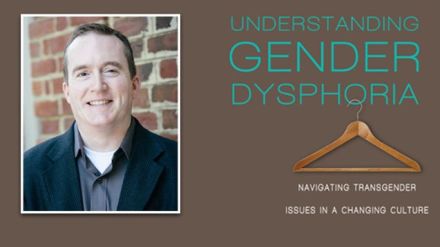Here are several talks featured at Q Ideas this week. The first is a talk I gave at Q Denver titled, What is Gender Dysphoria? I try to explain the phenomenon, as well as provide a little background information on theories of etiology, prevalence, and management strategies.
The second talk is by Melinda Selmys, who shares about her own experiences with gender dyshporia.
After we both spoke, Gabe Lyons invited us to join him for a time to Q & A from the audience. This was a helpful opportunity to reflect further on gender dysphoria:
To give you a little background on Q Ideas, here is a description from their website:
Q was birthed out of Gabe Lyons’ vision to see Christians, especially leaders, recover a vision for their historic responsibility to renew and restore cultures. Inspired by Chuck Colson’s statement, “Christians are called to redeem entire cultures, not just individuals,” Gabe set out to reintroduce Christians to what had seemed missing in recent decades from an American expression of Christian faithfulness; valuing both personal and cultural renewal, not one over the other. Re-educating Christians to this orthodox and unifying concept has become central to the vision of Q.
Together, we explore topics that fall into four broad themes: culture, future, church, and gospel. Q facilitates the investigation of deeper engagement and responsibility in each of these areas. As we continue to work through these ideas on a deeper level, so grows our commitment to equipping innovators, social entrepreneurs, entertainers, artists, church-shapers, futurists, scientists, educators, historians, environmentalists, and everyday people to do extraordinary things. At Q Ideas, you’ll see a broad spectrum of content represented in our small group curriculum, essays, videos, blog articles, and podcasts. These are all contributed and commissioned to shed light on unique areas of culture and the church.



 Photo by
Photo by 
You must be logged in to post a comment.